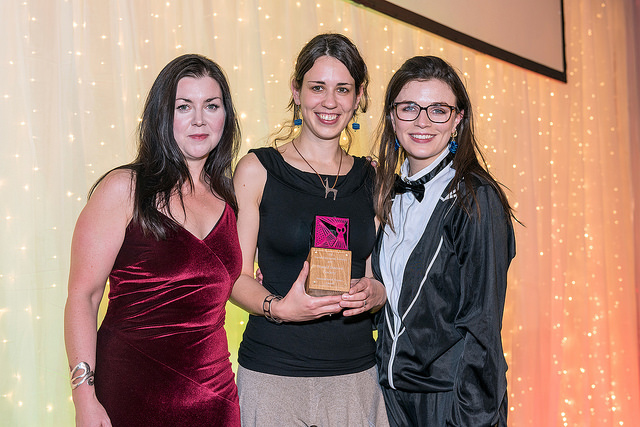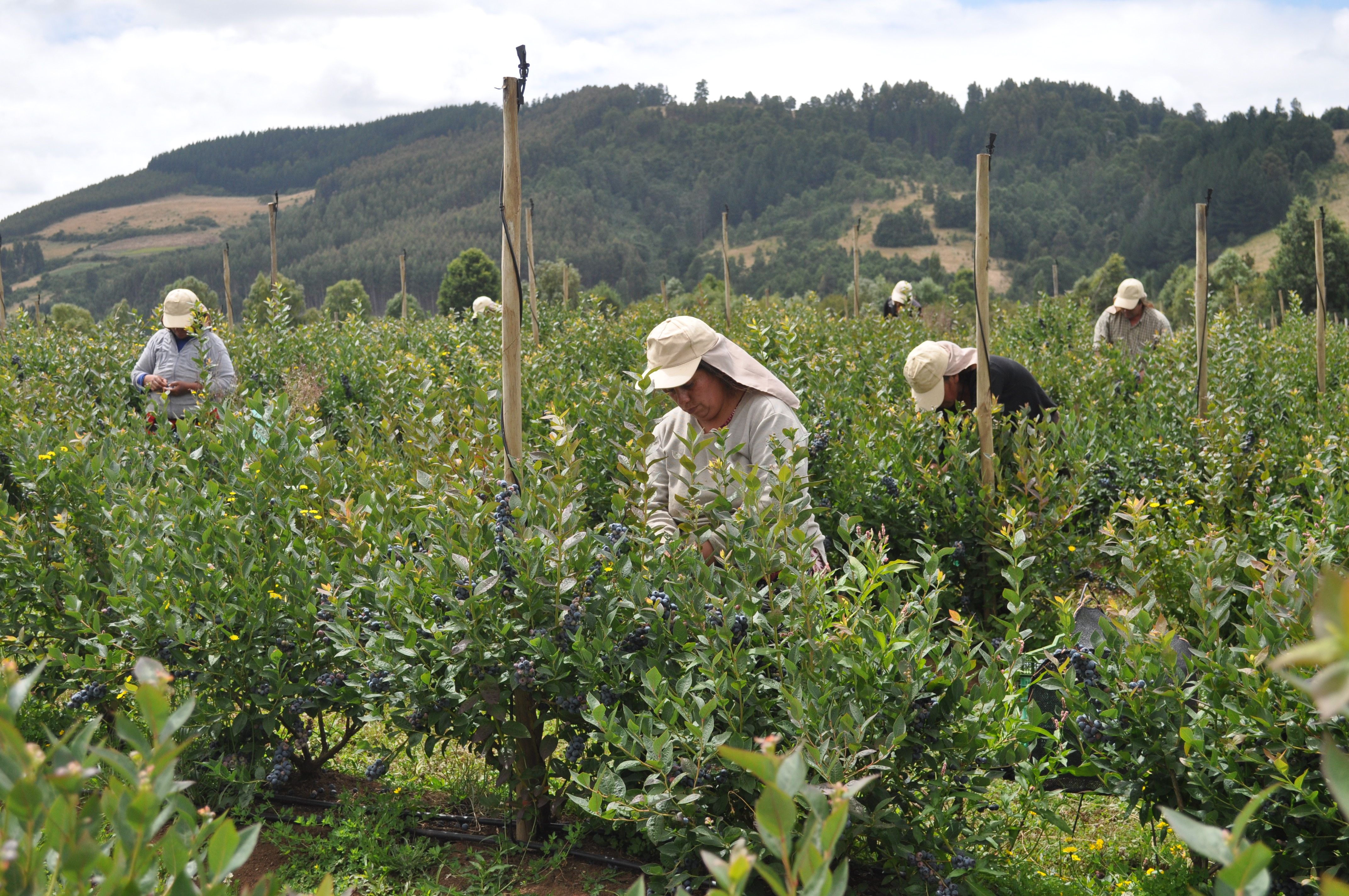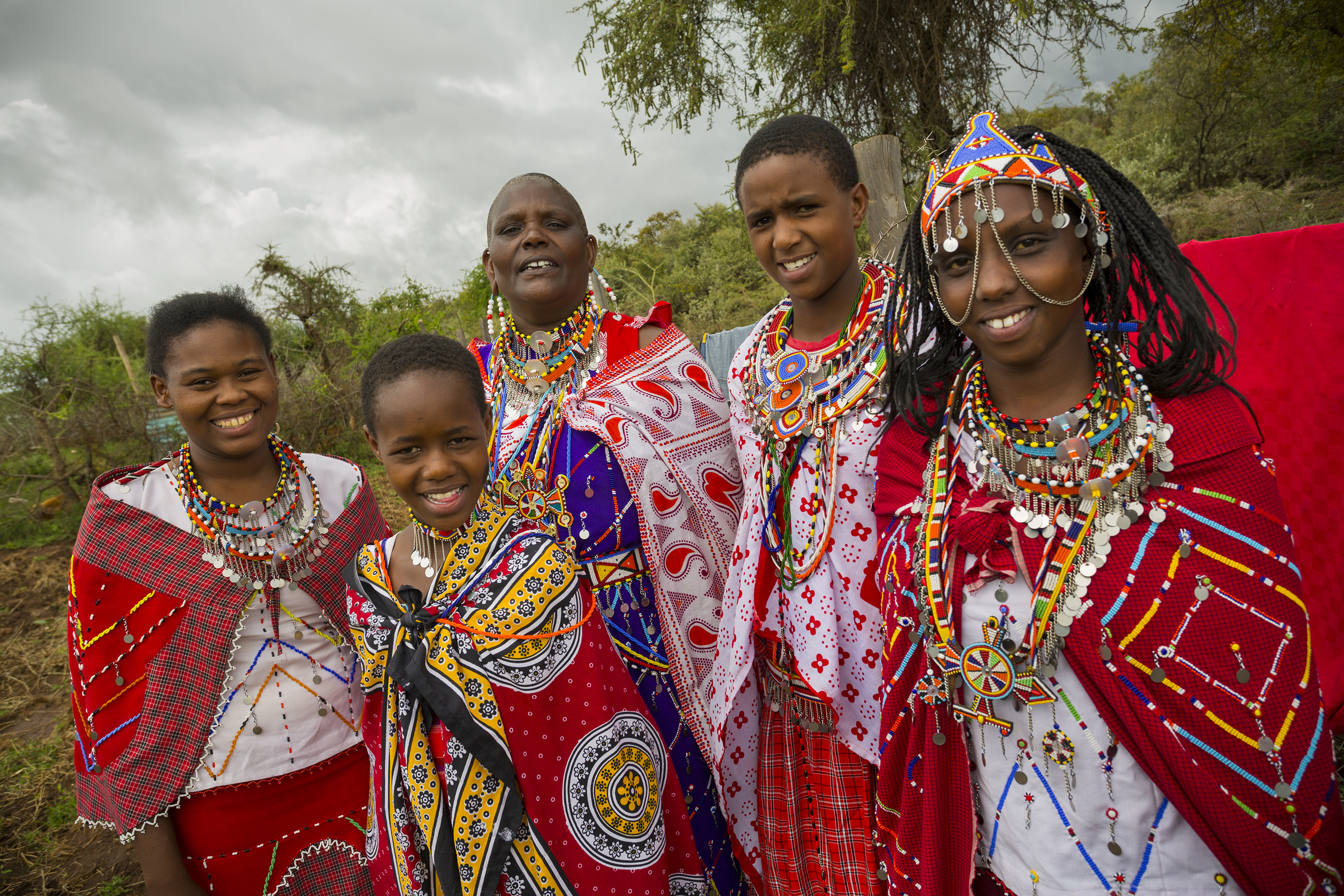Shared Interest: a strong track record in loans for good
Shared Interest was the International Impact award winner at the Social Enterprise UK 2017 awards. Based in Newcastle-upon-Tyne, the ethical investment organisation supports people in the developing world to trade their way out of poverty.
Shared Interest pools investment from people living in the UK and lends it to coffee, handcraft and other – primarily fair trade – businesses all over the world. Investors include community groups and small businesses, but also individuals: anyone can set up a Share Account with as little as £100. In 2016, Shared Interest, which was founded in 1990, made £62m of payments to more than 350,000 individuals in 59 different countries.
Sally Seddon is volunteer engagement manager at Shared Interest, and she collected the award at the ceremony in November. She talks to Pioneers Post about investor demographics, impact measurement and Chino, the Chilean honey producer.

Sally Seddon of Shared Interest (centre) collects the International Impact Award from Mairi Mackay (left) of the British Council and awards host Aisling Bea
What first attracted you to working with Shared Interest?
I have been here for nearly ten years now. I didn’t come from a finance background. I studied social development at university, so the international development aspect of Shared Interest appealed to me. I read about the organisation and thought: “This seems to make sense. How have I not heard about this before?”
We’re not a charity, and we’re not a bank: we’re something quite different. Often our customers overseas are surprised find out their loans are coming from individuals, rather than a big bank or institution.
What is the most exciting thing that happened for Shared Interest in 2017?
2017 has been a really positive year. For a start, we have considerably grown our share capital, which is the money that our members invest. That means we can increase the scope that we have to lend to customers.
We have also concentrated on growing in breadth as well as size, diversifying the types of organisations we lend to. A lot of our lending is in coffee or sugar or fruit, but this year, for the first time, we worked for a flower producer in Kenya, so that’s quite new and exciting. Finding new commodities shows that we’re looking forward and looking ahead and thinking “Where is the greatest need for our finance?”
We have just begun our strategic review, which looks at what is going on at a global scale that we need to be aware of and what can we do to help tackle some of those challenges.
What are you looking forward to in 2018?
Ideas around social investment have changed a lot over the last couple of years, so it will be interesting to see how this continues to develop in 2018. I’m excited to see how our engagement with investors might change; perhaps we’ll start reaching out to a younger demographic.
Internally, we’ll be doing a lot more on understanding our impact, and working out how what we do particularly is different to other organisations. When we lend to a customer, there might be other organisations involved in lending to them as well. We are currently working on how to identify the impact that is a direct result of our activity. I find that really interesting.
What’s your reaction to winning this award?
We were thrilled to have won the International Impact category because it’s about showing recognition for what we’re achieving in terms of human impact and supporting people internationally. It was humbling to have been awarded in a context of such stiff competition, and to be awarded by peers gives us a real sense of success.
We’re all about valuing people for their hard work, ensuring that the person that worked to make your cup of tea in the morning can have basic things we take for granted
Do you think awards are important for social enterprises?
We have felt very welcomed and supported by the social enterprise movement, and Social Enterprise UK has played a key role in encouraging a supportive environment. It’s refreshing to have positive stories and encouragement between businesses. It feels like a very welcoming movement, and people seem genuinely encouraged and enthused by everyone else’s activity.
The awards raise awareness of the work we do to organisations outside the social enterprise space too. It’s a way of showing them the amazing things social enterprises can achieve.
Are there any Shared Interest stories that have particularly inspired you recently?
Our human impact is what makes us stand out as an organisation, so there are many stories to share. We’re all about valuing people for their hard work, ensuring that the person that worked to make your cup of tea in the morning can have basic things we take for granted: being able to send their children to school, feeding their family or paying for healthcare.
One organisation that stands out is Apicoop in Chile, which makes honey. It formed at a time of deep political divisions in the country, and the founders thought humans could learn something from the cooperative behaviour of bees. Our lead contact there is a man called Chino: he’s such a character. He’s got such enjoyment and passion for everything they do, and has a very entrepreneurial spirit. Money Apicoop borrowed with our help has enabled it to invest in equipment for making the honey, and also enabled them to diversify into producing blueberries too (pictured below).

Another interesting customer is a women’s group from Kenya called Namayiana (pictured below). Their business was born from the Maasai tradition of dress- and jewellery-making that has been passed down through generations. With loans from Shared Interest they were able to bulk-buy beads to help avoid fluctuations in prices, as well as borrowing money to attend trade fairs and generate new orders. All of this means that they can earn a fair income.
The women are very entrepreneurial, too: on realising they were in need of a mobile phone-charging facility, they used the money from their business to start a solar powered one for their community. This is an example of the value in supporting businesses, as once they have become successful and sustainable they are able to in turn benefit their communities.

We wouldn’t normally think of Chile as a country that produces honey...
That’s what I find really fascinating about working within the fair trade movement. I love learning about the huge variety of production techniques from around the world for things we take for granted in the supermarket - I’m a big fan of cashew nuts, and discovering how complex it is to produce them has made me appreciate them even more!
The British Council sponsored the International Impact award at the 2017 Social Enterprise UK awards. Read about all the award-winners here. To find out more about Shared Interest and discover how to open you own Share Account, see here.

